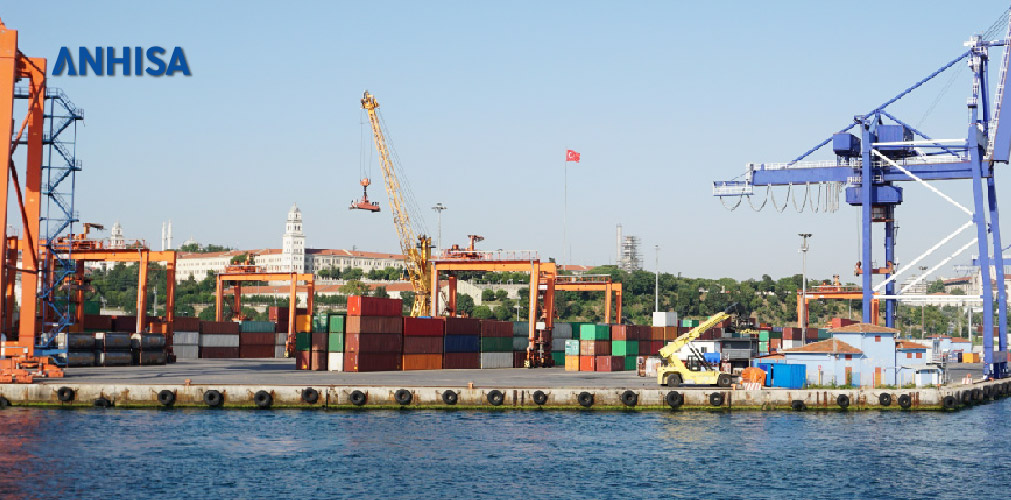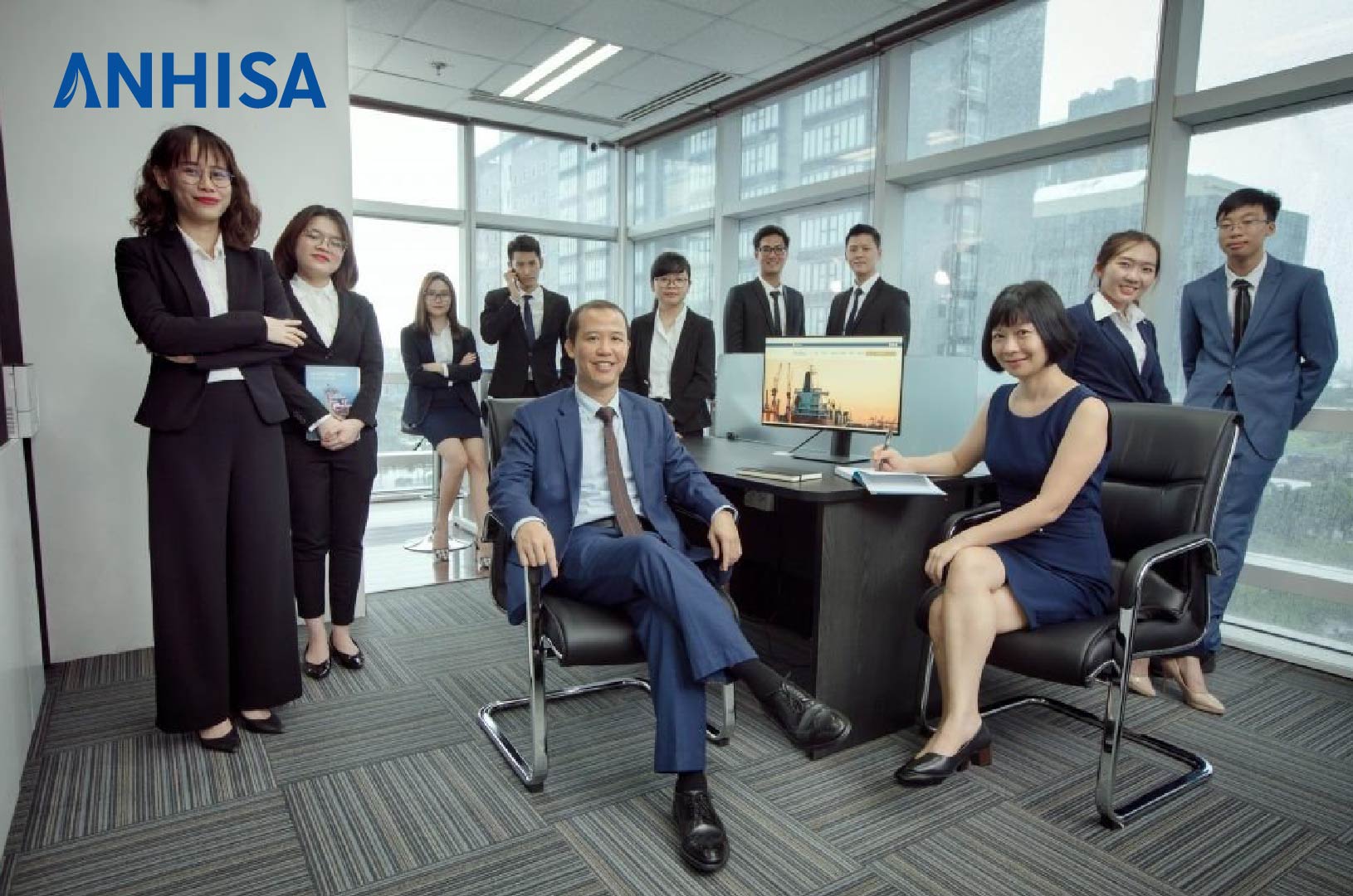Adopting the Maritime Labor Code 2006 in Vietnam: A Closer Look at Crew Claims and Impacts
August 23, 2023
Vietnam’s maritime industry stands as an emblem of its commitment to global standards and legal framework. The country’s entry into the Maritime Labor Code 2006 (MLC) on 08 May 2013 has added a significant layer to the legal landscape. This ratification offers a fresh perspective on Vietnam’s legal approach, especially concerning the intricacies of maritime employment. In this article, we’ll shed light on the ongoing journey of integrating the MLC into the Vietnamese legal system and the implications it has for crew claims.
The MLC in Vietnamese Legal Landscape
Vietnam’s association with the Maritime Labor Code 2006 has been transformative. As of the current phase, Vietnam has been diligently adopting and integrating the provisions of the MLC into domestic laws. The Maritime Code 2015 stands as testimony to Vietnam’s commitment in this direction. This Code uniquely addresses the special relationship between shipowners or managers and their crew members.
Vietnam’s association with the Maritime Labor Code 2006 has been transformative.
By incorporating specific provisions in the Maritime Code 2015, Vietnamese lawmakers have acknowledged the clear distinction between maritime employment and general employment. This delineation is critical as maritime employment, by its nature, poses unique challenges and scenarios that need specialized attention. However, it is essential to understand that the incorporation process is ongoing and it might take several more years for the full and meticulous adaptation of MLC into the domestic framework.
Navigating the Complexity of Crew Claims
Settling crew claims in Vietnam is not a straightforward affair. Apart from the MLC, the process demands an intricate dance with a myriad of Vietnamese provisions such as the Labor Code, the Law on Occupational Safety and Hygiene, the Law on Social Insurance, and other pertinent decrees and circulars. The complexity increases when shipowners, especially those affiliated with bodies like the International Transport Worker’ Federation (ITF), have to align with the rules and protocols set by such organizations. During the challenging times of the Covid-19 pandemic, where human resources were strained, adherence to these provisions and rules became paramount to ensure a sustainable labor relationship.
Classifying Crew Claims: A Claim Handler’s Perspective
Crew claims can manifest in various forms, from occupational accidents, diseases, repatriation expenses, and medical costs to the grim realities of death or missing cases due to ship disasters. While handling such claims, it becomes evident that overlaps and conflicts can arise among the governing regulations. These gaps and ambiguities can lead to a plethora of controversial legal issues, complicating the settlement process. There have been instances where the existing legal provisions remain silent, placing claim handlers in a challenging position.
Our Journey
In the three consecutive years since our inception, our dedicated team has worked with global entities like P&I IG Clubs, Korean P&I Clubs, and esteemed shipowners. We’ve successfully navigated and settled numerous crew claims, always striving for timely resolutions. Our lawyers and associates, backed by profound skills in labor relationship negotiations, are always leaning towards amicable settlements.
In conclusion, the integration of MLC into the Vietnamese legal system is a testament to the nation’s commitment to upholding global maritime standards. While the journey is ongoing, the positive strides are evident. With comprehensive legal expertise and experience in handling diverse crew claims, we at ANHISA stand ready to guide and assist in this evolving landscape.
 ANHISA
ANHISA
Mr. Dang Viet Anh
Email: [email protected]
T: +84 28 5416 5873
M: +84 983 467070
Frequently Asked Questions (FAQs) on MLC and Crew Claims in Vietnam
- What is the Maritime Labor Code 2006 (MLC)?
The MLC is an international legal framework adopted by the International Labour Organization (ILO) in 2006 to ensure comprehensive worldwide protection and rights for seafarers and fair competition for shipowners. - Why did Vietnam become a contracting state of the MLC?
Vietnam joined the MLC to align with global maritime standards, ensuring the rights of its seafarers and enhancing its reputation in the international maritime community. - How does the Maritime Code 2015 differ from the MLC?
While the MLC provides a general framework for maritime labor, the Maritime Code 2015 incorporates specific provisions to address the unique employment relationship between shipowners or managers and their crew members in the context of Vietnamese law. - Are there any conflicts between the MLC and existing Vietnamese laws?
While Vietnam is working diligently to integrate the MLC into its domestic laws, there are instances where overlaps and ambiguities arise. These may lead to some legal issues, but efforts are underway to streamline and resolve them. - What types of issues come under crew claims?
Crew claims can range from occupational accidents, diseases, repatriation expenses, and medical costs to serious cases like death or missing crew due to ship disasters. - How does the International Transport Worker’s Federation (ITF) play a role in crew claims in Vietnam?
Shipowners affiliated with bodies like the ITF must adhere to the rules and protocols set by such organizations. ITF often has its standards and entitlements for crew members, which need to be factored in when settling claims. - How long does settling a crew claim in Vietnam typically take?
The duration can vary based on the complexity of the claim, the entities involved, and the legal intricacies. However, with experienced legal guidance, claims can be settled in a timely manner. - How can I ensure the best protection for my crew and adhere to the regulations?
Engaging with legal firms with expertise in maritime laws, like ANHISA, can guide shipowners and managers through the complexities and ensure compliance with both domestic and international regulations. - How has the Covid-19 pandemic affected maritime employment in Vietnam?
The pandemic has stressed human resources in the maritime industry. However, adherence to the MLC and other related provisions has played a crucial role in sustaining labor relationships during these trying times. - What if the crew claim is related to an incident outside Vietnamese waters?
Jurisdiction can be complex in such cases. It’s important to consult with maritime legal experts to understand the applicable laws and steps to proceed.
Related posts
- TEL:
- Hanoi Office: +84 24 320 47609
- Saigon Office: +84 28 5416 5873
- HOTLINE:
- +84 (0) 939 117 398
- +84 (0) 983 488 380
